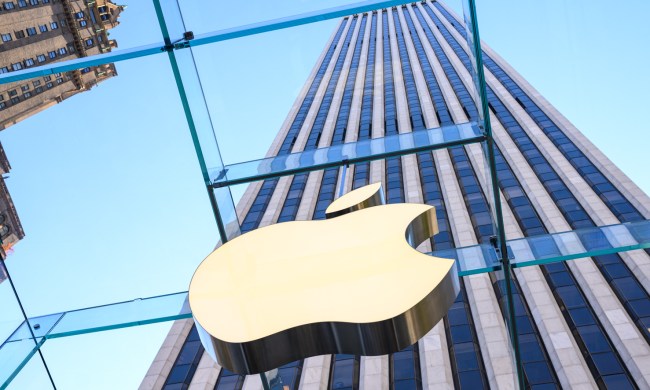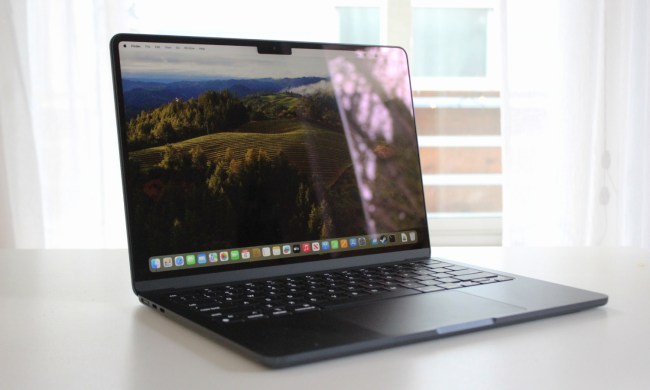Fresh off a judge’s ruling that dismissed would-be Mac clone maker Psystar‘s counterclaims against Apple, the Cupertino company has amended its original complaint (PDF) to allege that Psystar’s activities violate the Digital Millenium Copyright Act (DMCA). While that legal tactic doesn’t surprise many industry watchers—some were surprised Apple didn’t include it from the outset—the addition to Apple’s complaint that is really raising eyebrows is that Psystar may be receiving backing from unknown individuals or corporations.
When news of Psystar’s Mac clones first surfaced, speculation ran rampant as to what a little-known Florida custom computer builder thought it was doing going up against one of the best-funded legal teams in the technology industry (e.g., Apple). The speculation ramped up even further when Psystar managed to secure the services of a major law firm to make its case and continued to offer its Mac clones for sale.
The litigation is still in its early stages, and Apple admits it doesn’t know the names or capacities of folks it believes may be backing Psystar, save that that are “various individuals and/or corporations who have infringed Apple’s intellectual property rights, breached or induced the breach of Apple’s license agreements, and violated state and common law unfair competition laws.” By amending the complaint, Apple is seeking to discover the identities of these parties, if they exist, through the legal discovery process.
Apple also alleges that Psystar is knowingly including unauthorized copies of Mac OS X on its Macintosh clones, and in doing so is illegally circumventing copyright protection measures built into the operating system, in violation of the DMCA. Apple has also amended the text of its complaint to include the possibility of seeking a preliminary injunction, which—if successful—would take Psystar’s clones off the market while the case is awaiting trial.


